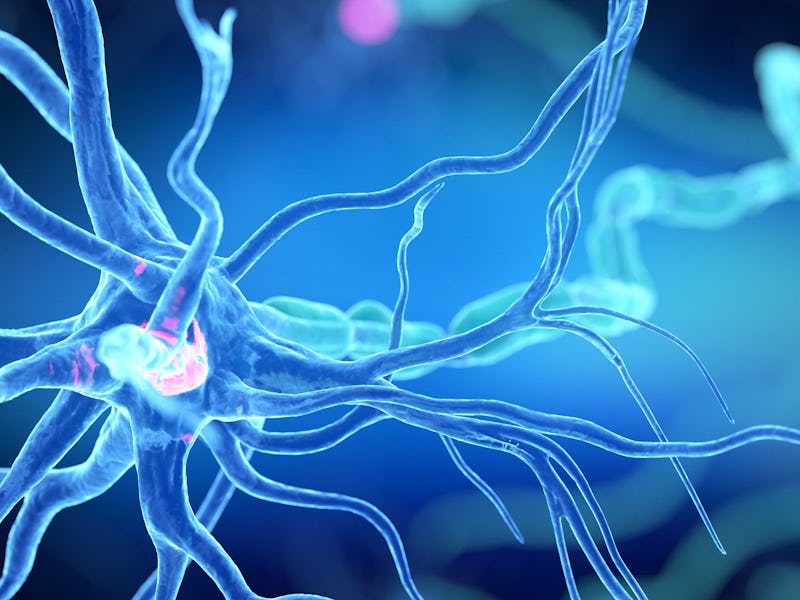Exercise lowers dementia risk — scientists want to know how
A new study linked higher cerebral glucose metabolism to physical activity.

Physical activity has long been associated with a decreased risk for dementia, but no one is sure exactly how it protects the brain. Researchers at the Institut Blood and Brain at the University of Normandy in France have attempted to suss out which markers of a healthy brain might be attributed to better cardiovascular health — often a byproduct of exercise — and which could be correlated to exercise itself.
Science In Action — Publishing their findings in the journal Neurology last week, the researchers used health records and MRI brain scans from 134 cognitively healthy adults older than 65 participating in a larger study.
LONGEVITY HACKS is a regular series from Inverse on the science-backed strategies to live better, healthier, and longer without medicine. Get more in our Hacks index.
The researchers looked at four signs of brain integrity associated with physical activity:
- Greater integrity of white matter, the part of the brain responsible for learning and communications within the brain
- Fewer deposits of amyloids, a protein whose build-up in the brain is thought to be involved in Alzheimer’s disease
- Higher cerebral glucose metabolism, the process by which the brain absorbs its main energy source
- Greater volume of grey matter, the part of the brain that allows for much of its normal functioning, including the control of movements, regulation of emotions, and retention of memories
In this study, higher levels of physical activity were not correlated with better white matter integrity or less amyloid buildup. Better grey matter volume and cerebral glucose metabolism were, but once body mass index and insulin levels — two signs of cardiovascular health — were factored out, only cerebral glucose metabolism was left as an association, meaning it could be linked to exercise itself and not general overall health.
From the study:
“Most importantly, the relation between physical activity and cerebral glucose metabolism did not depend on insulin or BMI. The benefits of physical activity on cerebral glucose metabolism may rather act through more direct neuronal effects, such as increased neurogenesis, cell survival, expression of neurotrophic factors, and synaptic plasticity.
How This Affects Longevity — There are no cures for dementia or surefire ways to prevent it. But studies have repeatedly shown that regular physical activity, even moderate amounts like 30 minutes a day, is linked to lower risk.
Even moderate forms of exercise are associated with lower dementia risk.
Why It’s a Hack — The study is observational and therefore cannot show causation. However, the study authors speculate that one factor that could be influencing results is that “older adults with a better brain health stay more physically active” than those whose brains are already showing signs of decline.
“Most importantly, the relation between physical activity and cerebral glucose metabolism did not depend on insulin or BMI.”
Understanding the mechanisms “may help developing strategies to prevent, or delay, age-related brain decline,” the study authors write.
The confirmation that exercise is linked to one key benefit and a constellation of related factors — exercise levels, insulin, and BMI — are associated with others could be helpful to understanding prevention for people with complicated health profiles.
Hack Score — two out of ten brain wrinkles 🧠🧠
This article was originally published on